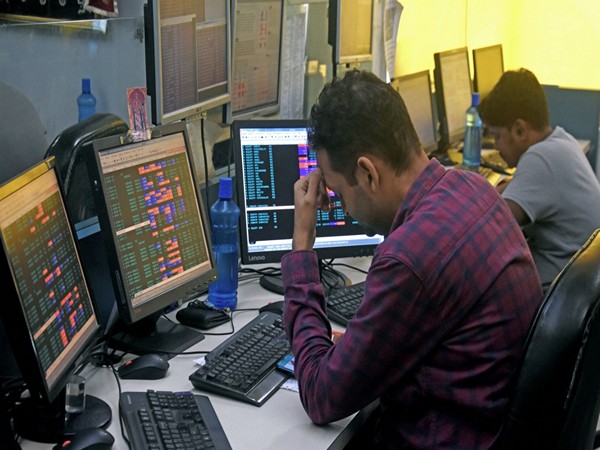Indian stock markets will remain in the ‘corrective to consolidation’ phase for the next 3 to 4 months, according to a report by Motilal Oswal Wealth Limited.
The corrective phase refers to a period when stock prices decline or pull back after a strong rally, which happens when investors book profits or due to external economic factors.
On the other hand, the consolidation phase means the market is moving sideways, with prices fluctuating within a certain range but not making significant gains or losses.
In its analysis of the current situation of the equity markets, the report sheds light on the impact of the macroeconomic trends and policy decisions that affect the markets.
“One of the key shifts is the rise in the U.S. interest rates, influenced by factors such as rising fiscal deficit, persistent inflation, and uncertainty surrounding Trump’s policies. This is of significance because yields are persisting at levels last seen during the 2007-08 period and markets expect yields to remain higher for longer, as indicated by Fed Futures probabilities,” the report added.
Japan, another major economy and an important carry trade participant, seems to be also on the path to higher rates after a period of ultra-loose monetary policy for more than 15 years, the report added.
Explaining the impact, the report says that the second major change is the move towards deglobalisation, as evident from the recent imposition of tariffs by the US, aimed at protecting domestic interests.
While the current announcements are milder than anticipated and seem more like a negotiation strategy, such actions will lead to disruptions in global trade and further fuel the momentum towards deglobalisation, the report observes.
“Rising fears of a global trade war amidst the increasing likelihood of higher-for-longer interest rates have strengthened the
Dollar Index to above 108 levels, triggering risk-off mode and FII outflows from emerging markets,” the report added, going further.
Amidst these uncertainties, Indian equity markets have seen sharp corrections due to continuous FII outflow, rising US Yield and weak earnings growth.
In the last trading week, which ended on Friday, the markets traded within a tight range and ended nearly half a per cent lower, extending the ongoing corrective phase.
With no major domestic events, the persistent foreign fund outflows and comments from the US President on potential tariffs kept market sentiment subdued throughout the week.
The Foreign portfolio investors (FPIs) total outflow by FPIs so far this year stands at Rs 1,01,737 crore, as per National Securities Depository Limited (NSDL) data. (ANI)










